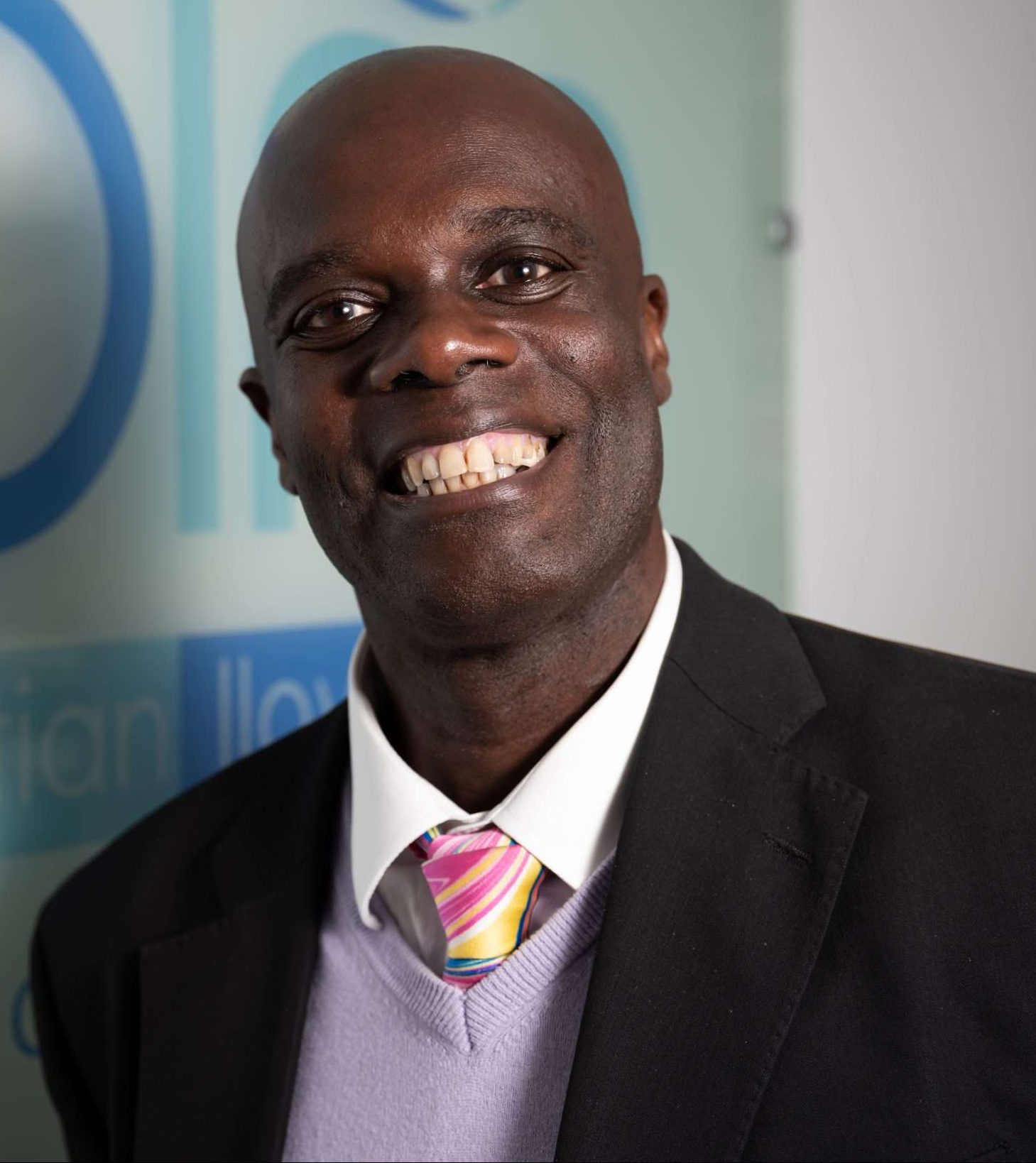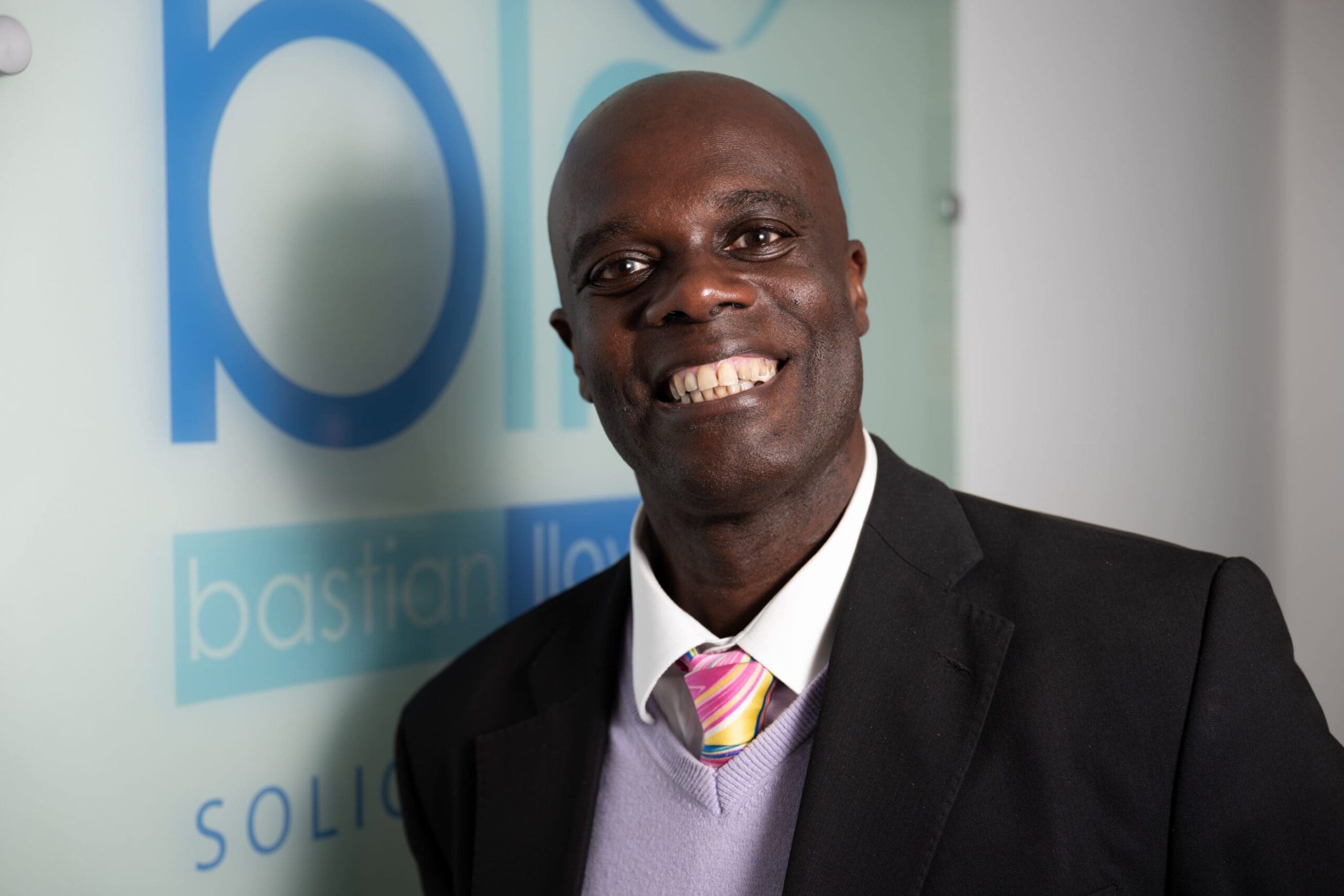The legacy of COVID-19 has proved to be widespread, manifest and manifold. Every level of society and its infrastructure has been affected in some way, shape or form.
The universe of family law has not escaped its impact. There has always been the ability for family court hearings to be conducted remotely, but this only really became ‘a thing’ following the advent of the pandemic in March 2020. The mind-set of the judiciary and the higher authorities in the administration of justice, took on an almost Churchillian hue, not to allow the pandemic to interfere with the administration of justice – ‘we shall never surrender!’ However, whilst the pandemic may not have completely obstructed the administration of justice, in the family courts, it did significantly slow it down. That is not an admission of defeat, merely an acknowledgement of fact. It’s a bit like the evacuation of the British Army from the beaches of Dunkirk, near the beginning of the World War II; a miracle of sorts but not quite a victory.
Whilst the pandemic may have opened up the family justice system’s mind, eyes and ears (if not quite its heart) to the advantages of remote hearings, it has also left a massive backlog of cases. Estimates range from months to years, depending upon who is doing the calculations. Under any objective analysis, the problem will not be solved in the language of weeks. Family lawyers are now having to dance to the tune of ‘work smarter’ which inadvertently puts greater pressure on cases to be concluded more quickly, stricter criteria for a case to be considered ‘urgent’, and more severe censure in the event of non-compliance with the court’s directions. Unfortunately, these things do not necessarily equate to outcomes being fairer or more equitable. This is exemplified by looking at the world of care cases, where ‘the State’ (the local authority) is seeking to either remove a child from its primary carer, or even family; or alternatively to have a more formal role in the child’s life. The expectation now is for these very important cases to be concluded with no more than three hearings, ‘save in exceptional’ circumstances. Maybe most parents could be forgiven for thinking that any attempt to remove any of their minor children from their primary care is an ‘exceptional’ case!
One of the problems with drives for efficiency is that it sends different messages to different people. Thus, to the hard-pressed family law judge, the need to ‘identify and assess alternative carers’ as soon as possible, is obviously a sensible step which might result in avoiding delay. However, to the emotionally vulnerable parent (or child) it may seem like an unnecessarily precipitous step, indicating that the court has already made its mind up.
Speedier justice is not always the same as fairer justice. Indeed, it is not difficult to think of instances where more haste might actually result in less speed, as well as less fairness. The concept of a ‘fair hearing’ obviously includes creating an atmosphere whereby litigants can feel confident that they can put their cases to the court, prior to a decision being made. Litigants need to be able to fully address the court on documents provided by the State and be given the opportunity to provide documents (evidence) of their own. They need to be given proper reasons for the final decision. Or to use the more pompous language of one judge ‘it is axiomatic that a trial is fair’. Fairness might not always be achievable in the context of a remote hearing, or a restriction on the number of hearings, or a tight timetable for the conclusion of proceedings. Perhaps we should remember that.
A famous family law judge once said that since the abolition of the death penalty, removing a child from its primary carer is now the most draconian step that a court can take. We would probably do well to remember that, as well, every time care proceedings are issued.

Solicitor Advocate and Co-Founder
Contact Bastian Lloyd Morris on 01908 546580 or visit blmsolicitors.co.uk













